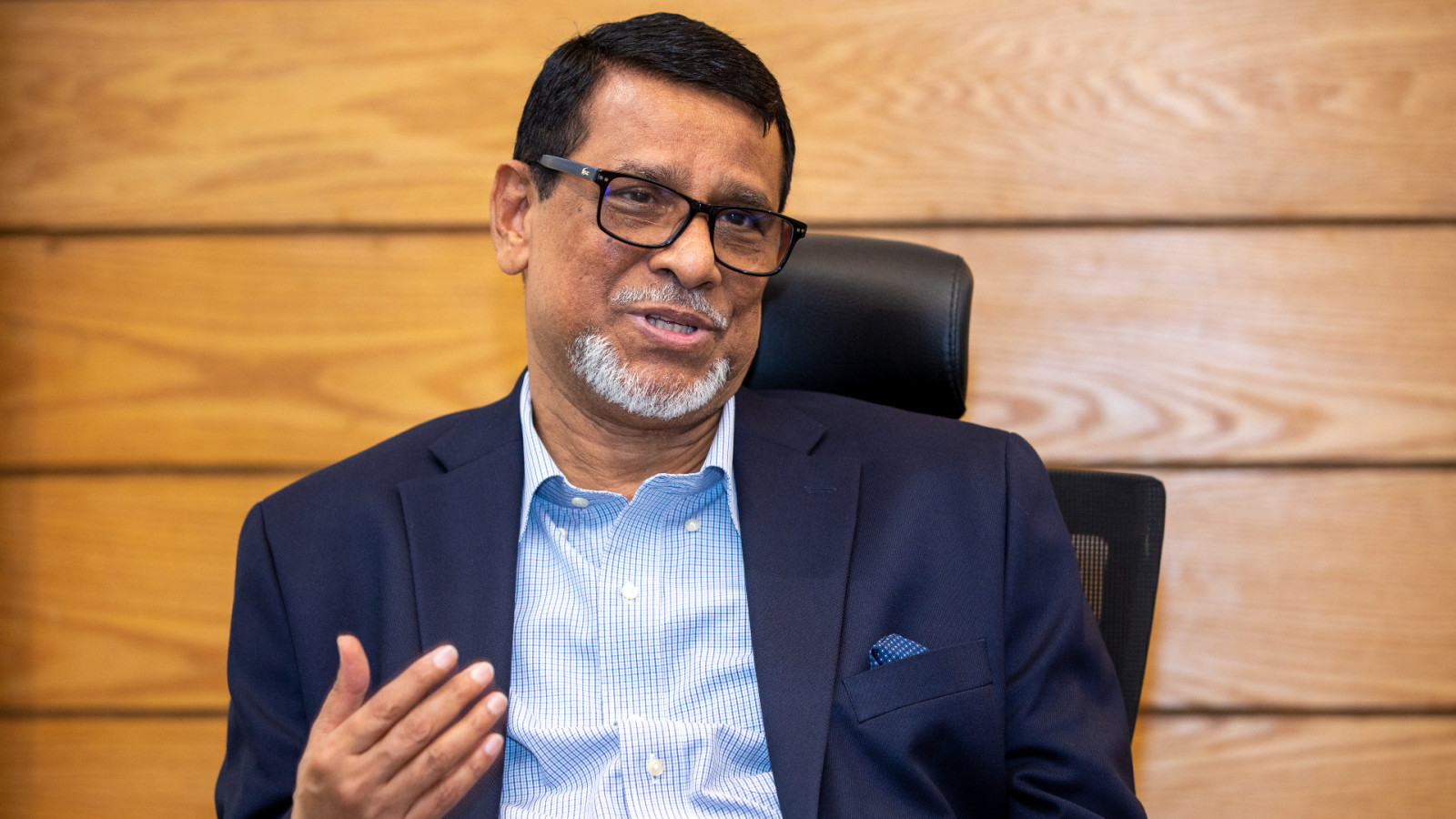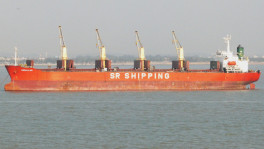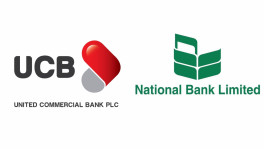The rise and fall of Baly Keds
The most sought after footwear brand in Bangladesh in the 1990s, Baly Keds went through ups and downs before disappearing from our collective consciousness
Between 1991 and 1995, Baly Keds was at the height of its popularity.
A pair of Baly Keds was the most sought after shoe among children and youngsters. It became hard for parents to console their crying children when they failed to get the right-sized keds during their shopping trips. The demand for Baly Keds almost always outstripped the supply.
"Parents asked to stop television commercials, saying they could not stop their children from crying," said Abdus Sattar, one of the two founders of Baly Keds enterprise, sitting at his office in the Baly Complex in Uttara.
To meet the demand, the Baly Keds company brought in more machines and boosted the supply. "I managed to fulfil the market demand to some extent after that," he added.
In the 1990s, Baly Keds became the most popular sports shoe in the country, with a 70% market share However, by the 2000s, it had all but disappeared.

How it all began
Abdus Sattar, now 70 years old, used to do the research and development, while his elder brother kept busy with marketing and other sections. Along with Baly Keds, the company also sold sandals for men, women and children.
Behind the rise and fall of Baly Keds are the stories of two brothers: Abul Kashem and Abdus Sattar. But the origin of the story goes even further back in time to another man, whose prediction worked like magic. And he is the brothers' father Keramat Ali Miah.
Keramat Ali Miah went to Rangoon when he was young and worked in a shoe shop. Later, he set up a small factory there with one of his friends. He came back to Bangladesh, then East Pakistan, soon after the 1947 Partition and eventually bought a shop in Dhaka's New Market for Tk300.
The father started with a luggage business that imported travel bags, suitcases and sold them in his shop, called Bengal Leathers. There were some shoe shops in the same market and most of the owners were from erstwhile West Pakistan – non-Bengalis and Punjabi. They brought good shoes from Pakistan and sold them in Dhaka for a good profit margin.
However, the profitable luggage bags were not of good quality.
"Seeing them turn a good profit, one day my father asked us if we could start a shoe business, and told us that we would fare better in that industry," recalled Abdus Sattar. Born and raised in Lalbagh in the city, Sattar passed his matriculation in 1968. In the same year, he got involved in his father's luggage business.
Sattar and his elder brother started the footwear business in 1984.
First, they started importing raw materials for shoes and sandals from Thailand, Hong Kong and Taiwan. Then they started importing varieties of shoes, sandals and keds for women, men as well as children. During this time, their father passed away.
The brothers bought a showroom on the New Elephant Road. They named it 'Baly' - the name came from the Swiss luxury fashion brand, Bally.
"But, we dropped one letter 'L' from the word and the name keds has been in use for sports shoes in Western countries for many years. So we added the word keds to the name," said Abdus Sattar.
Within a few months, their new showroom gave them a glimpse of success and potential in the sports shoe business that they could not have fathomed earlier. The imported shoes sold like hotcakes. And this inspired them to take the venture to a new height.

There were already some shoe businesses in Old Dhaka that used to make sports shoes, but the quality was not that good, because the shoes were made by manual stitching. Moreover, the local shoes were heavy with high heels and lacked that sleek look, while the imported ones were light and fashionable.
Once, Sattar went to Singapore wearing a pair of locally made leather shoes. Later, in Singapore, he wore a pair of sports shoes. He felt a huge difference.
"I thought we were not making shoes right," Sattar said.
When the brothers realised that their imported sports shoes were selling like hotcakes, they decided to make these keds themselves, by bringing the machines and raw materials from abroad.
"From the showroom, we realised that there was a huge demand for keds in the country," said Abdus Sattar.
They brought a machine with a capacity to make 20 pairs per hour. It cost around Tk3 lakh. The machine was set up in a small tin-shed factory in Gazipur.
"Initially, we thought 20 pairs per hour is a huge amount. We were proven wrong. We ran out of stock because our keds were sold before we made more," said Sattar.
Within a year, the demand for the shoe became so high that the brothers went to Taiwan to bring another machine with five times the production capacity – 110 pairs per hour for small shoes and 75 pairs for adult shoes.
The demand kept rising. Then they bought a 5-katha plot in the Shialbari area in Mirpur to set up a factory.
"The money rolled in. The profit margin was 30-40 percent. For this reason, we brought new machines," said Sattar.
At the height of its popularity, there were 300 workers employed in the Mirpur factory. The four-storied factory could make 1,500 pairs of shoes daily and supply them to the market. The capacity rose to 2,500 pairs per day for some time.
The company had four agents who would wholesale in different districts.

The marketing mantra
When the demand for Baly Keds spiked, the company decided to make television commercials to reach out to a wider number of customers.
"My friend Anwar Hossain was in FDC. He said that we should make a commercial. We sat with them multiple times to choose the jingle, rhythm, script and model," said Sattar.
Back then, Basundhara had just started playing commercials on the only television channel BTV, about their plots. There was competition among Basundhara, Unilever and Baly Keds to get airtime for commercials during Eid.
When they started running commercials and sponsoring sports events, the sale rose hugely. At that time, competitors like Jump Keds, Rider Keds, Action Keds penetrated the market.
"But they failed to compete with us because our machine was fast. Our market was strong," said Sattar, "And one thing that always helped me is that I could take on the challenge."
He believes that he has been successful in setting the trend in the footwear sector.
"Though there was Bata, it was not that modern. Once Bata's Canadian managing director visited my factory. He came to the airport and then directly came to the Mirpur factory," recalled Sattar.
"I am happy that I have introduced customers to modern shoes. My only target was to make shoes fashionable, durable and comfortable," said Abdus Sattar, "We were way ahead of Bata [in terms of sales]. At the time, I thought of Bata as an elephant, and us as mosquitoes."
Whenever Sattar went abroad, he looked at people's shoes before looking at their faces. "When I went to Hong Kong or Taiwan, I followed young men and women to see what shoes they were wearing and how they kept their balance. I am infatuated with shoes," said Sattar.
He took his young son to many different countries to show him different types of shoes. And he never skipped out on visiting shoe factories, as well as luggage factories.
"My purpose was not only to have a pleasure trip," said Sattar. He also said that the word keds was not that familiar in the country before them. People only knew it as a sports shoe.
Split and disappearance
The division of the family business led to the eventual demise of Baly Keds.

Abdus Sattar said that Baly Keds disappeared slowly after the family business of two brothers was divided in 1996.
They split the family business because their children were of age, had returned to the country after completing their higher education abroad and the brothers wanted their children to look after the business as a way to continue the legacy.
Abdus Sattar told his elder brother which business he would like to keep. Ultimately, the elder brother took Baly Keds "as my nephews showed more interest in that," said Abdus Sattar, while he took other businesses and assets under his wing.
"If you want to develop a shoe [business], you have to become mentally occupied with it; otherwise, it is challenging," said Abdus Sattar, "I feel sad that Baly Keds is no longer around. I feel I could have taken it far ahead. Now, whenever I see the name Baly, I feel sad."
There was an agreement that Abdus Sattar would never make shoes under the brand Baly, and he honoured it. Abul Kashem has since passed, and although Baly Keds disappeared, Baly Group of Industries continues to thrive with interests in plastic, shrimp and textiles, under the leadership of Abuk Kashem's three sons.
Md Masud Zaman, son of Abul Kashem and Baly Group of Industries' Chairman, said "There was no specific reason for closing down Baly Keds. However, we hope to restart [Baly Keds operations]."
Now Abdus Sattar has set up another footwear venture named Step under Step Group of Industries. They also manufacture travel bags. His son Shamim Kabir leads the footwear section, and Sattar leads the travel bag section under the brand named Ornate.
They are exporting the travel bags to the United States.
Abdus Sattar buys travel bags from the market and then they cut the bag to see what materials the bags are made of.
"It is called R&D, that is research and development. I am doing exactly that task," said Abdus Sattar, pointing out that they want to take these ventures a long way, like Baly Keds.


 Keep updated, follow The Business Standard's Google news channel
Keep updated, follow The Business Standard's Google news channel
















